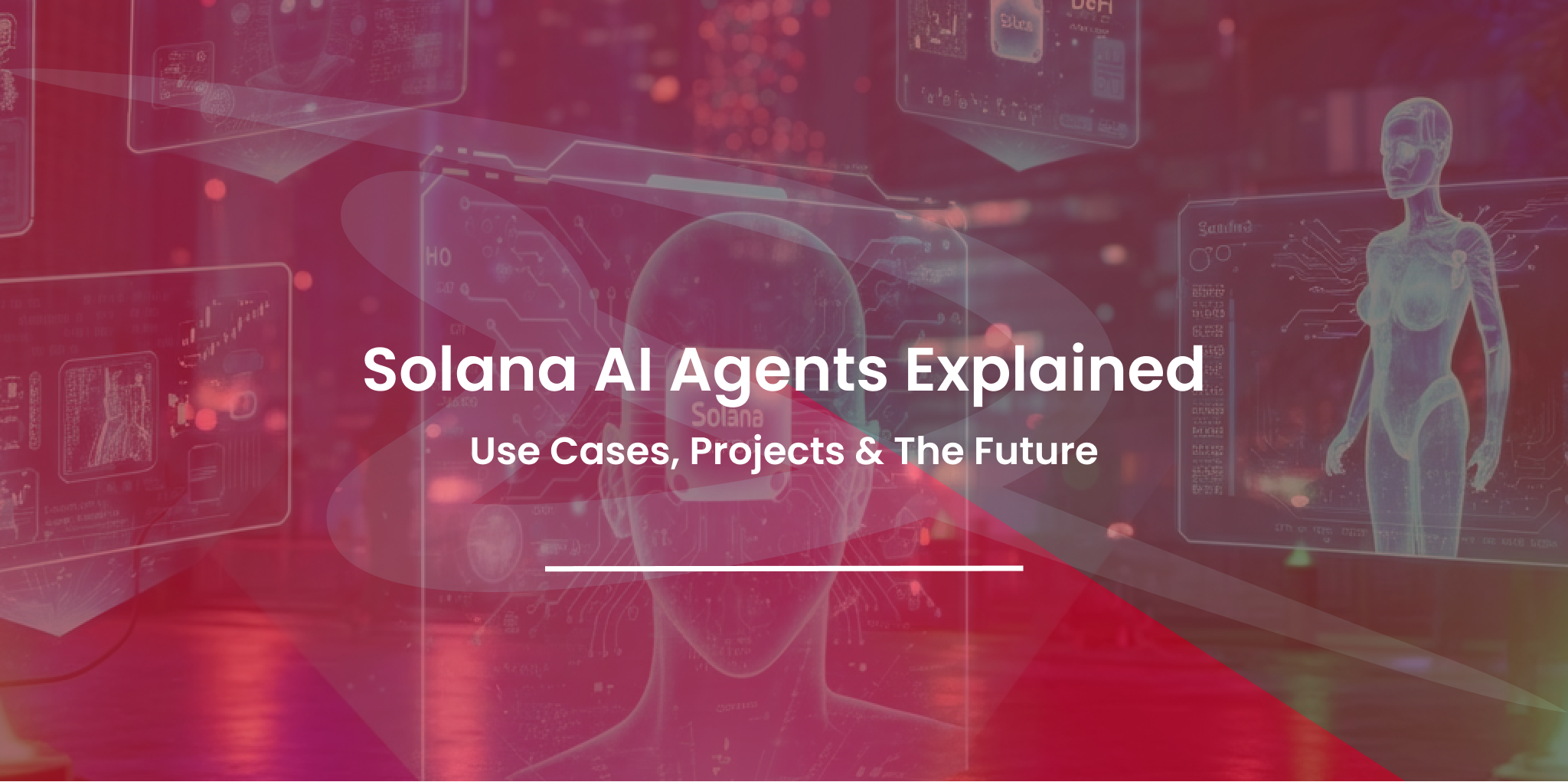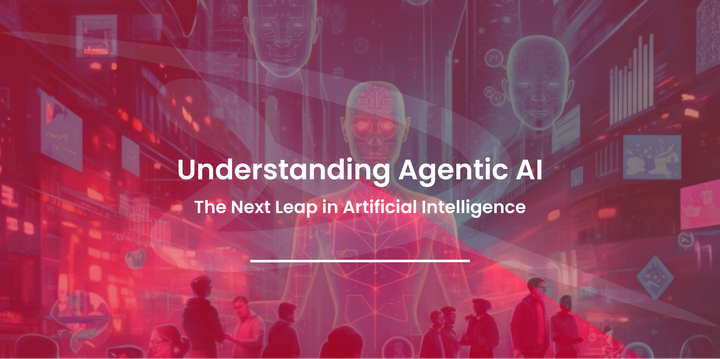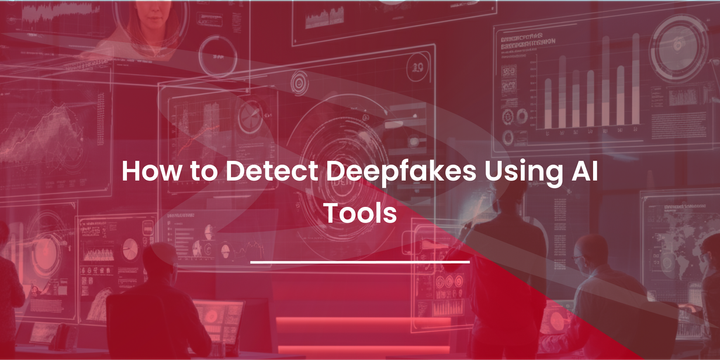Solana AI Agents Explained: Use Cases, Projects & The Future
Discover what Solana AI agents are, how they work on the blockchain, and their use cases in DeFi, governance, and more. Explore top projects too!

The intersection of blockchain and artificial intelligence (AI) is reshaping the way we interact with decentralized technology. Among the growing number of blockchain platforms, Solana has carved out a unique position for pushing innovation in Web3. One of the most exciting developments in this space is the rise of Solana AI agents, which are rapidly transforming the decentralized economy.
If you're curious about what Solana AI agents are, how they work, and what makes them a game-changer in decentralized finance (DeFi) and beyond, this blog will walk you through everything you need to know. We'll cover their use cases, notable projects, challenges, and what the future holds for AI on blockchain.
Introduction to Solana and AI Agents
Solana emerged as one of the fastest and most scalable blockchains in the Web3 space, consistently making headlines for its high throughput and minimal transaction fees. Its ability to process over 65,000 transactions per second (TPS) with average costs under $0.01 provides a perfect environment for high-performance decentralized applications (dApps).
Meanwhile, AI agents are software programs designed to take automated actions on behalf of users. These agents can analyze data, make decisions, and perform tasks autonomously. But what happens when you combine the speed and scalability of Solana with the intelligence of AI agents?
The result is a new breed of tools that can revolutionize Web3. By running on Solana, AI agents can securely automate decentralized tasks at a speed and scale never seen before. Whether it’s managing DeFi protocols or enhancing DAO governance, AI on blockchain has the potential to do it all.
Why Solana Is a Natural Fit for AI Agents
1. Unparalleled Speed and Low Transaction Fees
AI agents often require frequent micro-transactions or high-speed data processing. On Solana, this is possible without breaking the bank. Solana’s high speed and minimal transaction costs make it an ideal platform for scaling the use of AI agents, especially when compared with slower or more expensive blockchains.
2. Parallel Processing and Scalability
Thanks to its proof-of-history (PoH) consensus model, Solana processes transactions in parallel, which significantly increases scalability. AI agents can perform complex calculations or automated interactions without waiting for a bottleneck to clear.
3. Developer Ecosystem and Funding
Beyond its technical advancements, Solana has fostered a strong developer ecosystem. Projects building on Solana not only have access to cutting-edge tools but also support from various funding programs like the Solana Foundation grants. This vibrant ecosystem creates a fertile ground for Solana AI agents to thrive.
What Are Solana AI Agents?
Put simply, Solana AI agents are blockchain-based autonomous programs that interact with smart contracts, data sources, and blockchain protocols to complete tasks on behalf of users. Unlike traditional AI bots or Web2 automation tools, they operate with enhanced transparency, security, and decentralization.
A unique feature of these agents is their ability to integrate seamlessly with Solana’s smart wallets or policies. This means they can execute complex Web3 activities like transferring Solana tokens, managing DeFi investments, or making governance decisions, all without needing active human intervention.
How They Differ From Regular AI Bots
- Decentralized Nature: Unlike AI bots in Web2 that rely on centralized servers, Solana AI agents are decentralized and transparent.
- Crypto-Enabled Actions: These agents don’t just process data; they interact directly with decentralized finance ecosystems, executing crypto payments or interacting with governance protocols.
- Smart Wallet Support: Solana AI agents can access and manage Solana smart wallets, enabling resourceful and secure Web3 automation.
Key Use Cases of Solana AI Agents
1. AI Trading Bots for DeFi
One of the most exciting use cases is automated trading. Solana AI trading bots can analyze market data in real-time and execute trades quickly to maximize gains, leveraging Solana’s low-latency blockchain infrastructure.
2. AI-Powered Customer Support
AI agents can offer decentralized customer support for crypto projects, integrating payment functionalities. For example, they could handle simple queries while setting up payment plans for services through on-chain transactions.
3. Automated Yield Farming Assistants
Keeping up with yield farming opportunities in DeFi can be time-consuming. AI agents on Solana can continuously monitor liquidity pools, reinvest earnings, and optimize yields based on changing conditions.
4. On-Chain Assistants for DAOs and Governance
AI agents can help streamline DAO governance by automating voting processes or prioritizing agenda items. They can also send real-time updates to members about proposals and decisions.
Notable Projects in the Solana AI Agent Space
Several ambitious projects are leveraging AI on Solana to bring innovative solutions to life. Here are a few worth keeping an eye on:
- 🧠 Neur ($NEUR): A co-pilot for streamlined Web3 interactions. It helps users by providing intelligent recommendations while navigating dApps.
- 🐝 Hive ($BUZZ): A DeFi proxy that automates tasks like staking and farming using agent-based tech.
- 🧪 JailbreakMe ($JAIL): A safe testing environment for developers to experiment with AI agents without risking on-chain funds.
- 🔄 FXN ($FXN): Infrastructure that enables resource-sharing among multiple AI agents for more efficient task execution.
Challenges & Limitations
While the potential of Solana AI agents is enormous, there are challenges to address:
- Security Risks: With great power comes the risk of misuse. Poorly designed AI agents could unintentionally complicate processes or open avenues for malicious attacks.
- Ethical Concerns: How do we ensure AI operates ethically in decentralized ecosystems? Transparent governance models could help, but it’s still a gray area.
- Cost of Training: Although deploying AI on Solana is cost-effective, training advanced models off-chain remains expensive.
The Future of AI Agents on Solana
Looking ahead, Solana AI agents are likely to play a pivotal role in transforming how businesses, DAOs, and individuals use Web3 technology. Here’s what we can expect in the next few years:
- DeFi Evolution: With smarter bots managing portfolios and optimizing yields, DeFi will become more accessible and lucrative.
- Advancements in Governance: Multi-agent systems will allow DAOs to operate faster and with better decision-making capabilities.
- Enhanced User Experience: With their ability to deliver seamless and automated blockchain interactions, AI agents will simplify onboarding, attracting a wider range of users to Solana projects.
The combination of decentralized systems and intelligent automation promises a future where blockchain technology truly works for its users.
A New Era for Web3
Solana AI agents are more than just another blockchain innovation; they represent a new chapter in Web3 AI automation. By fusing blockchain’s transparency with AI’s intelligence, they open up endless opportunities for efficiency and growth.
Whether you’re a new Solana user, a crypto enthusiast, or an AI developer, it’s time to explore how these cutting-edge tools can work for you. Start exploring the potential of Solana AI agents today!
FAQs
- What are Solana AI agents?
Solana AI agents are intelligent programs integrated into the Solana blockchain that can make decisions, execute tasks, and interact with smart contracts autonomously on behalf of users or applications. - How do Solana AI agents work?
They operate using smart wallets, programmable logic, and Solana’s fast, low-cost infrastructure. Some use dual-key setups and policies to securely act on-chain without constant user input. - Why are AI agents being built on Solana?
Solana’s high throughput, low latency, and scalable architecture make it ideal for real-time decision-making and micro-transactions—key elements in deploying efficient AI agents. - What can Solana AI agents be used for?
Use cases include DeFi automation, trading bots, customer support assistants, task execution, NFT management, and DAO governance. - What’s the difference between AI agents and traditional smart contracts?
Smart contracts are passive and only respond to transactions. AI agents, on the other hand, are proactive—they can monitor, decide, and act independently. - Are Solana AI agents safe and secure?
Security is still evolving. Agents use permissioned access, attestations, and sandbox environments, but risks like misbehavior or model bias still exist and must be managed. - Do Solana AI agents require machine learning or off-chain models?
Not always. Some use simple rule-based logic on-chain, while advanced ones integrate off-chain ML models via APIs or encrypted data feeds. - What tools are available to build Solana AI agents?
Developers can use the Solana Agent Kit, GOAT SDK, ElizaOS, and emerging frameworks like Neur and Hive to create and deploy AI agents. - What are some notable Solana AI agent projects?
Examples include Neur ($NEUR) for AI co-pilots, Hive ($BUZZ) for DeFi automation, FXN ($FXN) for resource sharing, and JailbreakMe ($JAIL) for AI testing. - What is the future of AI agents on Solana?
Solana AI agents are expected to power more autonomous apps, intelligent wallets, and multi-agent ecosystems, reshaping how users interact with Web3 services.




Comments ()